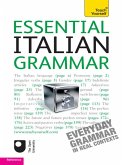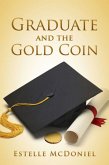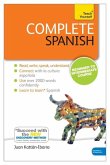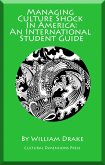The book's unique approach lies in its integration of traditional study methods with cutting-edge research on learning and memory. It introduces readers to evidence-based techniques such as spaced repetition, active recall, and the Pomodoro Technique, providing practical guidance for implementation. By understanding how the brain processes and stores information, students can tailor their approach to learning, significantly improving their academic outcomes.
The book also addresses modern challenges like shortened attention spans and information overload, emphasizing the need for adaptive study strategies. Progressing through three main parts, "Study Techniques" first introduces cognitive principles underlying effective studying, then explores specific methods, and finally focuses on creating an optimal study environment.
This structure allows readers to build a comprehensive understanding of effective learning strategies, supported by case studies and experimental data. The accessible writing style makes complex concepts understandable to a general audience, empowering students of all levels to take control of their learning and achieve their academic goals more efficiently.
Dieser Download kann aus rechtlichen Gründen nur mit Rechnungsadresse in A, B, BG, CY, CZ, D, DK, EW, E, FIN, F, GR, H, IRL, I, LT, L, LR, M, NL, PL, P, R, S, SLO, SK ausgeliefert werden.









